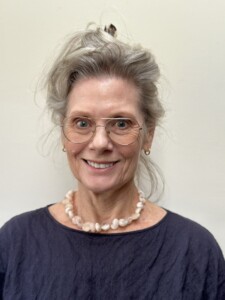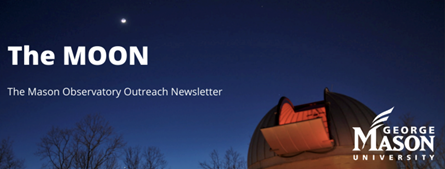Judith Lean from the Laboratory for Atmospheric and Space Physics (LASP), University of Colorado, Boulder CO and the Space Science Division, Naval Research Laboratory (NRL), Washington DC (Emeritus) will present her work related to Solar Irradiance: Earth’s energy sources. Earth’s energy emanates from the Sun, a variable star. Solar irradiance heats Earth’s surface and atmosphere, initiating myriad chemical, radiative and dynamical processes that establish Earth’s surface climate, stratospheric ozone layer, upper atmosphere thermosphere and its embedded ionosphere. Changes in solar irradiance over the past century have been suggested to cause climate change that is a significant fraction of industrial-era warming… or so small as to be undetectable.
Now, with more than forty years of space-based observations of solar irradiance and multiple geophysical quantities, and extensive advances in modelling solar irradiance and terrestrial variability, we can clarify with greater certainty the extent to which changes in solar irradiance alter Earth’s environment, from surface to space, in the present space era and the pre-industrial past. Projecting this understanding to upcoming decades permits speculation of C21st global climate change, recovery of the ozone layer and future space environment impacts on earth orbiting spacecraft.
This talk summarizes current observational evidence for solar irradiance variability and relates this variability to the Sun’s magnetic activity cycles that produce bright faculae and dark sunspots. Models of solar irradiance variability constructed from current observations are extended into the past and future and used to quantify the Sun’s role in global climate change, ozone-depletion and recovery, and space environment climatology.

This is a virtual meeting – join virtually using Google Meet:
Video call link: https://meet.google.com/cbf-jusw-dsm
Or dial: (US) +1 252-344-1407 PIN: 937 923 741#
The online meeting will be available at 7:00 pm for participant open discussion. The general meeting starts at 7:30 pm and the guest speaker presentation will start at 8:00 pm
Recorded NOVAC Speaker presentations are available here
Share your AHSP and recent observing experiences and new astro gear with your NOVAC colleagues online starting at 7:00 pm!
Presentation Details
Talk Title: Judith Lean presents Solar Irradiance: Earth’s Energy Source
Biography:
Judith Lean is currently a Research Scientist at the Laboratory for Atmospheric and Space Physics (LASP), University of Colorado, Boulder, and formerly the Senior Scientist for Sun Earth System Research at the Naval Research Laboratory (NRL), Washington DC, where she is now Emeritus. Her research focuses on mechanisms and measurements of variations in the Sun’s radiative output and the effects of this variability on Earth, about which she has authored more than 150 published papers and delivered over 300 presentations. She has developed models that account for observed solar irradiance variability in terms of solar magnetic features, reconstruct this variability in the past, and project it into the future. These models, which inform detection and attribution of climate change, ozone layer variability, and impacts of space climate on spacecraft orbits and communication, are used to produce NOAA’s operational Solar Irradiance Data Climate Data Record. She is a member of NASEM and APS, an AGU Fellow, and the 2024 recipient of the George Ellery Hale Prize.



